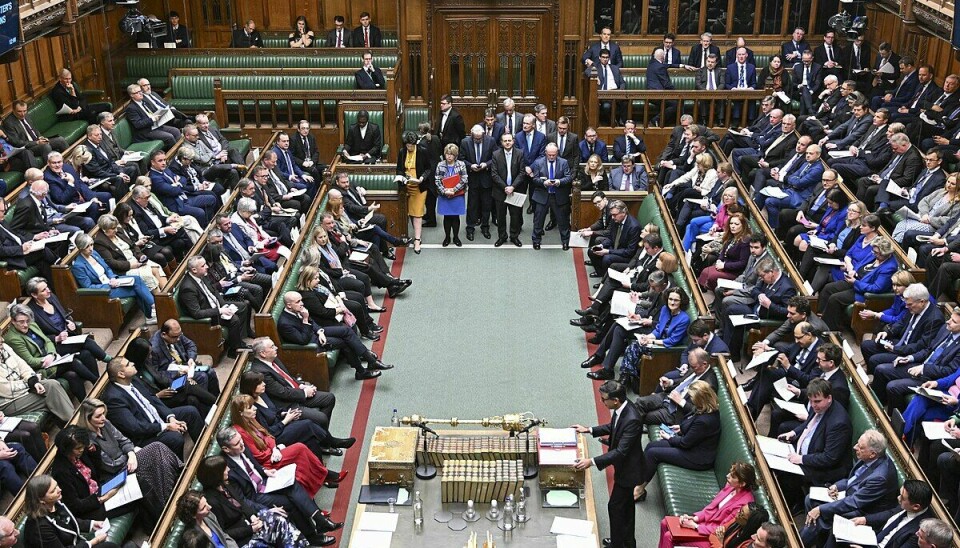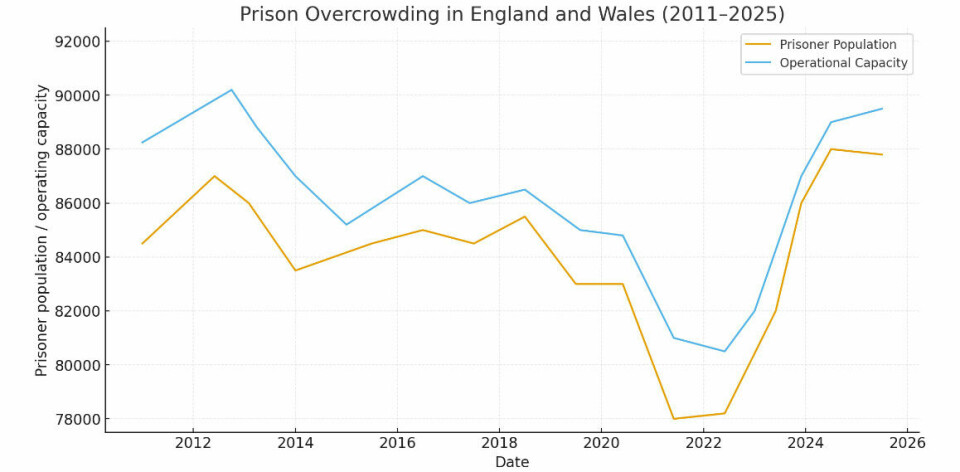UK plans pub, stadium and travel bans for offenders
LONDON, Aug 26 - The UK government has unveiled new sentencing reforms that would allow courts in England and Wales to ban offenders from pubs, football stadiums, foreign travel and even driving. The legislation is set to be debated when MPs return to Parliament in September.

Justice Secretary Shabana Mahmood announced the measures under her “Plan for Change,” saying the reforms give judges alternatives to prison while ensuring offenders face meaningful penalties. She wants to make it clear that the Labour Party is concerned about public safety.
The proposal comes in a bid to deter crime and cut reoffending, but they are also designed to ease pressure on a prison system now at record levels of overcrowding.

The Ministry of Justice argues that alternative sentences, such as travel or driving bans, can reduce crime while reserving prison space for the most serious offenders.
ELECTIONS
Britain is facing a decisive political year, with local elections set to be held by 7 May 2026. D. Roderick Kiewiet, a British politics expert at Caltech, warns the new law could have wider political consequences, influencing the election campaign.
“There seems to be in Britain right now a gradual shrinkage of the sphere of personal autonomy and steady expansion of state control,” he says. “I’m guessing the reaction against these trends will put Nigel Farage in Downing Street 10."

PUBLIC OPINION
Meanwhile, public response is divided. The potential bill signals “An interesting shift from traditional sentencing to social restrictions. It raises questions about deterrence, rehabilitation and proportionality,” one person commented on the BBC’s LinkedIn post.
Supporters argue the bans could prevent repeat offences, particularly for alcohol-related crime and football hooliganism. Critics warn the measures risk curbing individual freedoms and lack clear evidence of effectiveness.
With a general election looming in 2026, parliament’s debate in early September will test the government’s resolve to reform sentencing and the opposition’s concerns over liberty. The outcome may signal whether Britain is entering an era of greater state control, or whether civil liberties remain the political priority.































